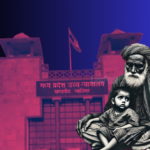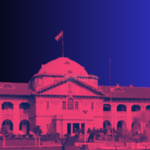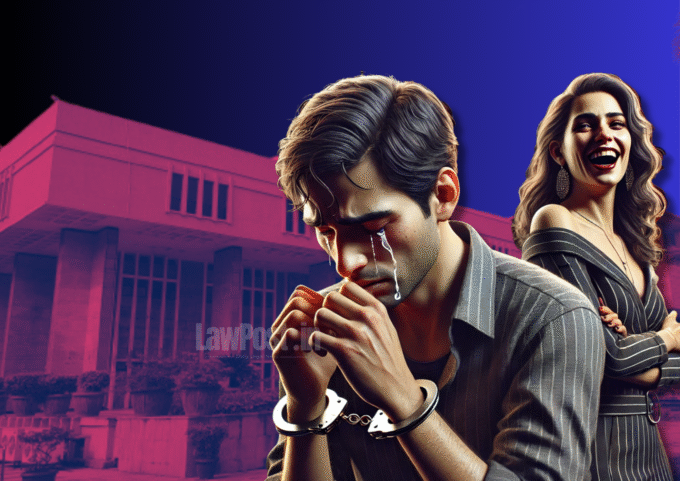The Allahabad High Court recently denied anticipatory bail to Tripta Tyagi, a teacher accused of instructing students to slap a Muslim classmate as punishment in a Muzaffarnagar school. The incident, which took place in Uttar Pradesh, sparked widespread outrage after a video of the assault went viral on social media.
In its ruling, Justice Deepak Verma stated that Tyagi should surrender before the concerned court within two weeks and apply for regular bail. The Court emphasized that if she does so, her bail application would be decided expeditiously by the lower court in accordance with the law, particularly referring to the 2021 Supreme Court case Satender Kumar Antil Vs. Central Bureau of Investigation and Another.
The Court further directed that no coercive action would be taken against Tyagi for the next two weeks or until she surrenders before the lower court. However, the Court rejected her anticipatory bail plea, stating, “Considering the allegations, the applicant is not entitled to anticipatory bail at this stage.”
Tyagi had been filmed goading students to slap a Muslim student while making derogatory comments about his religion. She later released a video claiming there was no communal motive behind her actions but admitted that she had made a mistake. The video led to the sealing of the school where the incident occurred.
During the hearing, Tyagi’s counsel argued that she was falsely implicated in the case. They claimed that the offense carried a punishment of less than three years imprisonment, and no direct evidence of communal intent had been presented.
The State government opposed the bail plea, and the Court, after considering all arguments, decided to reject it. Tyagi’s defense team included Advocates Ashutosh Singh and Neetu.
Meanwhile, the Supreme Court has been involved in the matter following a petition filed by Tushar Gandhi, the great-grandson of Mahatma Gandhi, urging for an independent, time-bound investigation into the incident and addressing violence against students from religious minorities. The Supreme Court has been passing directions on the issue periodically.








